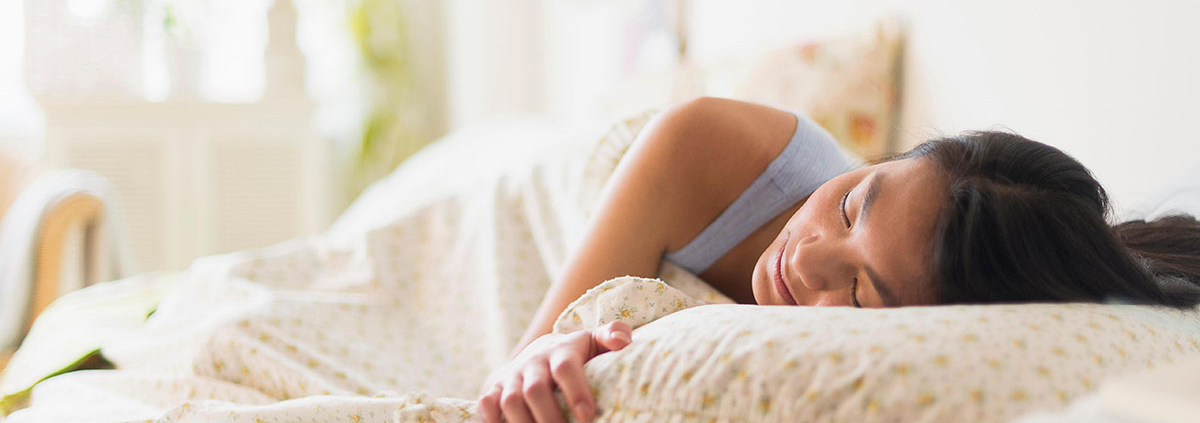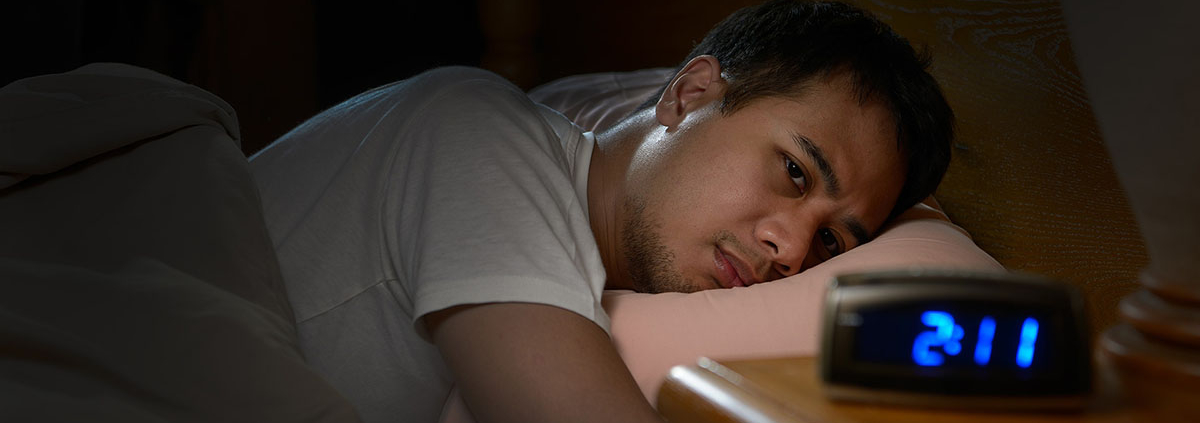For those who rarely forget a face, but struggle with names, the remedy for boosting learning may as near as your pillow.
New research by Northwestern University is the first to document the effect reactivating memory during sleep has on face-name learning.
The researchers found that people’s name recall improved significantly when memories of newly learned face-name associations were reactivated while they were napping. Key to this improvement was uninterrupted deep sleep.
The research team found that for study participants with EEG measures (a recording of electrical activity of the brain picked up by electrodes on the scalp) that indicated disrupted sleep, the memory reactivation didn’t help and may even be detrimental. But in those with uninterrupted sleep during the specific times of sound presentations, the reactivation led to a relative improvement averaging just over 1.5 more names recalled.
The study was conducted on 24 participants, aged 18-31 years old, who were asked to memorize the faces and names of 40 pupils from a hypothetical Latin American history class and another 40 from a Japanese history class. When each face was shown again, they were asked to produce the name that went with it. After the learning exercise, participants took a nap while the researchers carefully monitored brain activity using EEG measurements. When participants reached the N3 “deep sleep” state, some of the names were softly played on a speaker with music that was associated with one of the classes.
When participants woke up, they were retested on recognizing the faces and recalling the name that went with each face.
The paper, “Targeted memory reactivation of face-name learning depends on ample and undisturbed slow-wave sleep,” will publish Jan. 12 in the Nature partner journal “NPJ: Science of Learning.”
Release date: 12 January 2022
Source: Northwestern University



